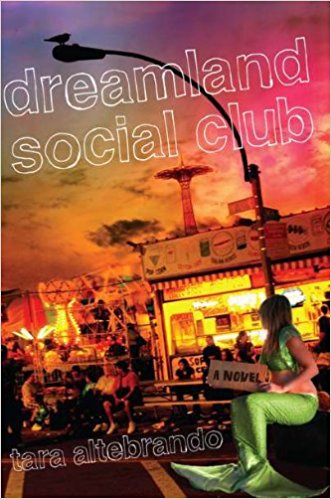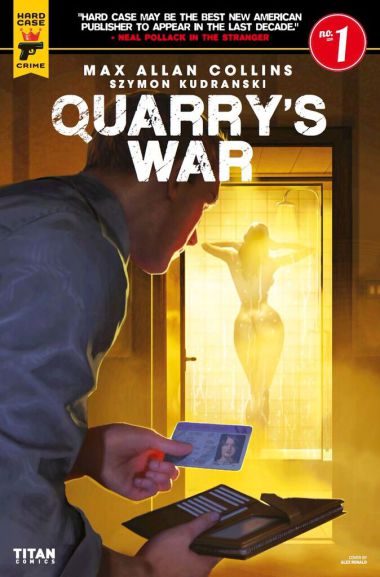- What: Sing, Unburied, Sing
- Who: Jesmyn Ward
- Pages: 285
- Genre: Contemporary fiction
- Published: 2017
- The lit:


 of 5 flames
of 5 flames
I’ve said it once, and I’ll say it again: Something Borrowed gave me life. It taught me to go after what I want even if it comes with pain and isn’t easy. It also provided a good deal of practical information. For example, it taught my 16-year-old self what sartorial means (lord, what a great word) and gave me insight into some pertinent acronyms, including “DBCD” (duty, breach, causation, and damages or, more importantly, Dex Buys Celebratory Dinner [take a hint, Rach!]) and “TTH” i.e., trying too hard. Rachel refers to a man when she explains it, but TTH could also be used to describe the last book I read.
It’s not that I didn’t like Sing, Unburied, Sing; it wasn’t on a lot of Best of 2017 lists for nothing. The story line was intriguing with descriptive scene-setting, but the language was almost too poetic. Yes, Ward wrote many beautiful lines, but I also had to reread several passages due to lack of clarity. It simply seemed as if Ward was trying too hard to write elegantly when she already had an interesting narrative in front of her, and TTH is grounds for three flames.
 One reason I was so excited to read Sing, Unburied, Sing was because it doesn’t take place in New York. (Don’t get me wrong: I love reading about my city, but sometimes I need a literary break.) Jojo is a mixed 13-year-old Mississippi boy quickly turned man because of his drug-addicted mother, Leonie, and prisoner father, Michael. To care for his three-year-old sister, Kayla, Jojo looks to his maternal grandparents for inspiration. He doesn’t understand how Leonie can constantly leave him and his sister on their own and how his white paternal grandparents can deny his existence.
One reason I was so excited to read Sing, Unburied, Sing was because it doesn’t take place in New York. (Don’t get me wrong: I love reading about my city, but sometimes I need a literary break.) Jojo is a mixed 13-year-old Mississippi boy quickly turned man because of his drug-addicted mother, Leonie, and prisoner father, Michael. To care for his three-year-old sister, Kayla, Jojo looks to his maternal grandparents for inspiration. He doesn’t understand how Leonie can constantly leave him and his sister on their own and how his white paternal grandparents can deny his existence.
Leonie also feels lost. She can’t bring herself to care more about her children than Michael or herself, even though she wants to, and every time she’s high, she hallucinates that her deceased brother is in the room with her, judgement and all. When Michael is released from prison, Leonie insists on taking the kids to pick him up despite Jojo and her father’s concerns. The trip to and from Parchman, the cruel state penitentiary in the Delta, is without complications as Kayla becomes violently sick many times, the kids struggle to fight their hunger, and the car gets pulled over with drugs inside. Along the way, Jojo meets a ghost who knew his grandfather during his own time at Parchman. It’s these ghosts, of both wisdom and of pain, that teach Jojo life lessons about love and loss.
A good writer is someone who makes his or her readers feel sympathy and empathy toward any character, and Ward excelled at this. Upon learning about Leonie and how unfit of a mother she was, especially when her own son spoke these words, I expected to despise and criticize her every movement. Although she constantly made me want to scream, I found myself feeling sorry for her. She too was dealt an unfair hand and got wrapped up in other people’s problems.
Yes, she actively chose to leave her children every day and get high, but she also suffered from enormous grief, racism, trauma, and unfairness that would be hard for anyone to overcome. She and her children are hated by Michael’s father, and basically his mom too, just because she’s black. She lost her beloved brother at the hand of racism. Her mother is dying from cancer, and Leonie can’t find her way out of the hole into which she’s dug herself. She definitely doesn’t try to turn her life around, but at least she recognizes her failures and at least she still loves (even if she doesn’t show it).
“Sorrow is food swallowed too quickly, caught in the throat, making it nearly impossible to breathe.” — Sing, Unburied, Sing
Tracy K. Smith also commented on this strength in her New York Times review. “Caring about people like Jojo and Leonie is not a matter of looking past these grim possibilities, but rather consenting to step into them and be affected,” she wrote. “Such feats of empathy are difficult, all too often impossible to muster in real life. But they feel genuinely inevitable when offered by a writer of such lyric imagination as Ward.”
Another compelling part of Sing, Unburied, Sing was the descriptions Ward used to not only evoke emotions but also to enliven the senses. Vomit played a central theme in this book, and every time a sickening situation came up (pun unintended), I could feel the bile rise in my throat.
“It smells like foragers, dead and rotting out in the thick woods, when the only sign of them is the stink and the buzzards rising and settling and circling … it’s the smell of death, the rot coming from something just alive, something hot with blood and life.” — Sing, Unburied, Sing
But sometimes Ward’s descriptions and prose gave way to confusion. I openly admit I’m not the most poetic, and that I struggle to understand phrases that others find moving. That confession doesn’t mean, though, that being confused won’t contribute to my overall opinion of a book. If I have to do a lot of rereading, that takes away from the story, and that’s exactly what happened with this book.
This is where the Times’ Smith and I disagreed. As noted above, Smith argues that Ward has a grand lyrical way with words. While true, it was a creativity that I could not follow. It distracted me from an important story that captivated me and made me want more. Language shouldn’t always be straightforward or simple; it should be complex and give the feels. But when it’s TTH, it’s bound to take away from the literary experience.
Share this:





